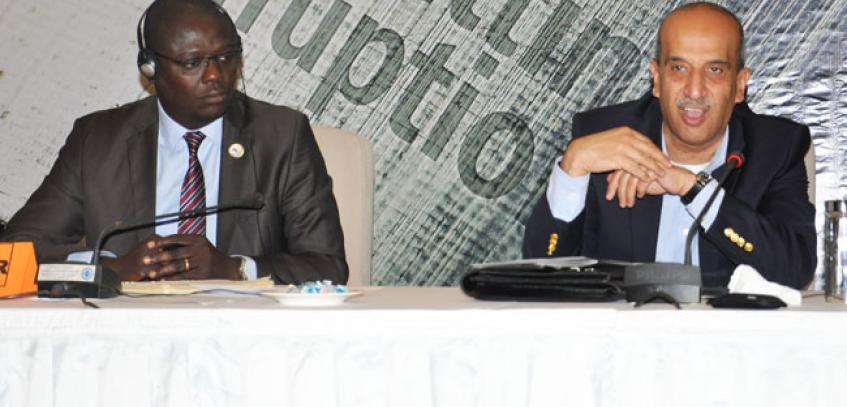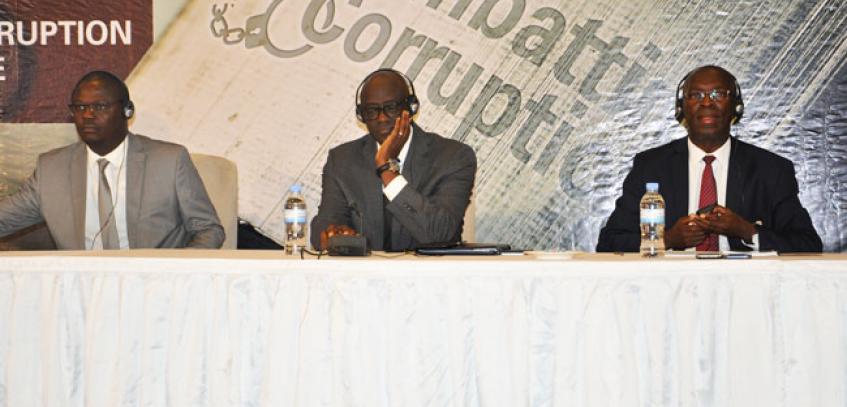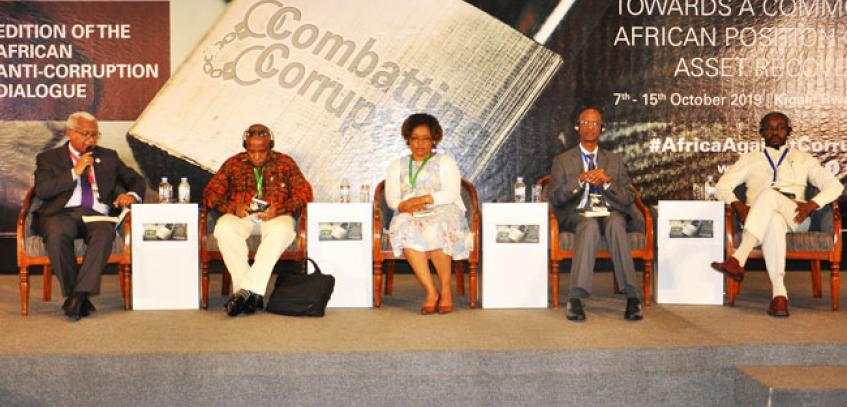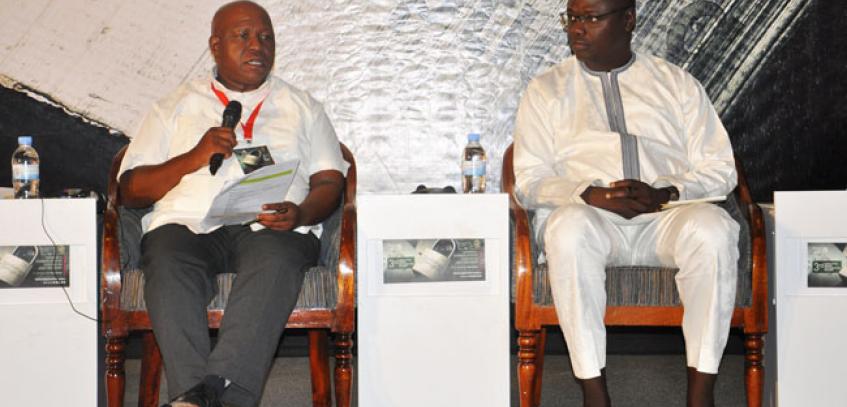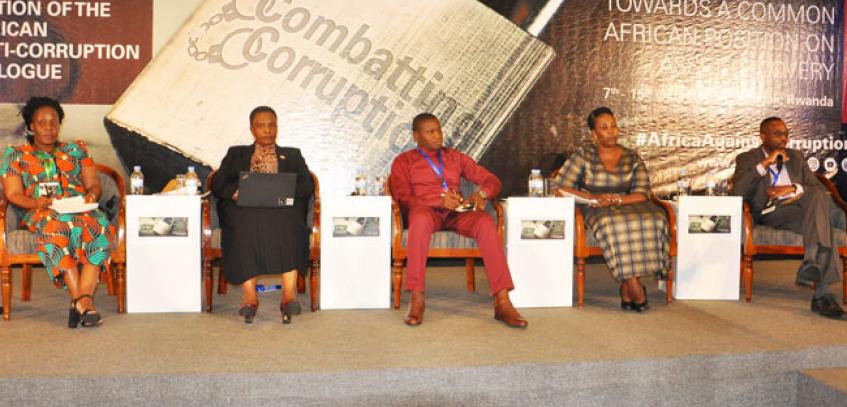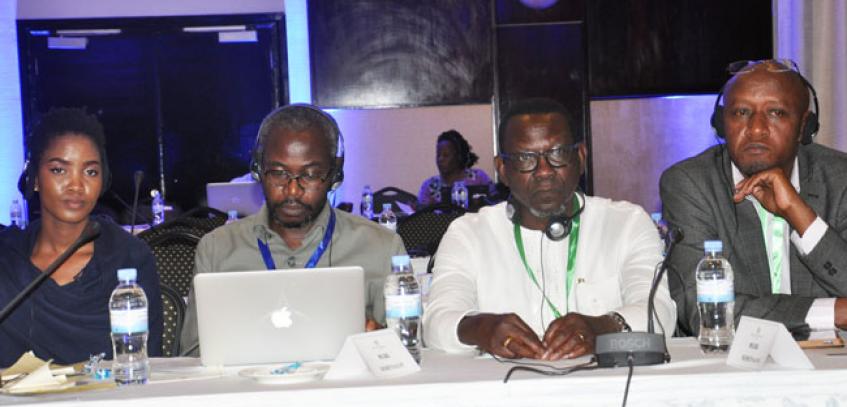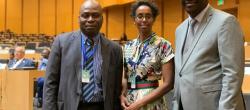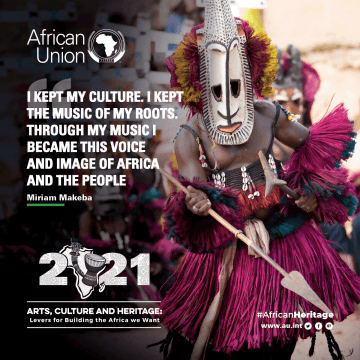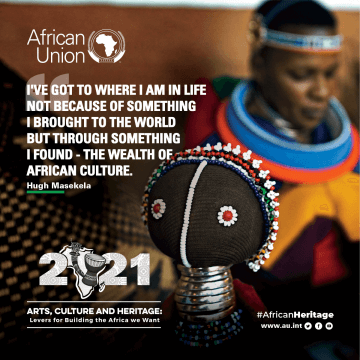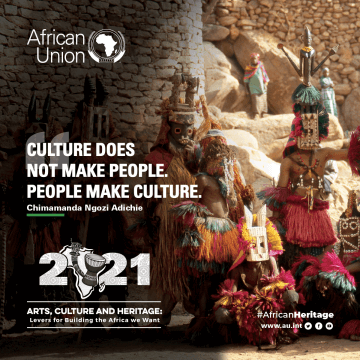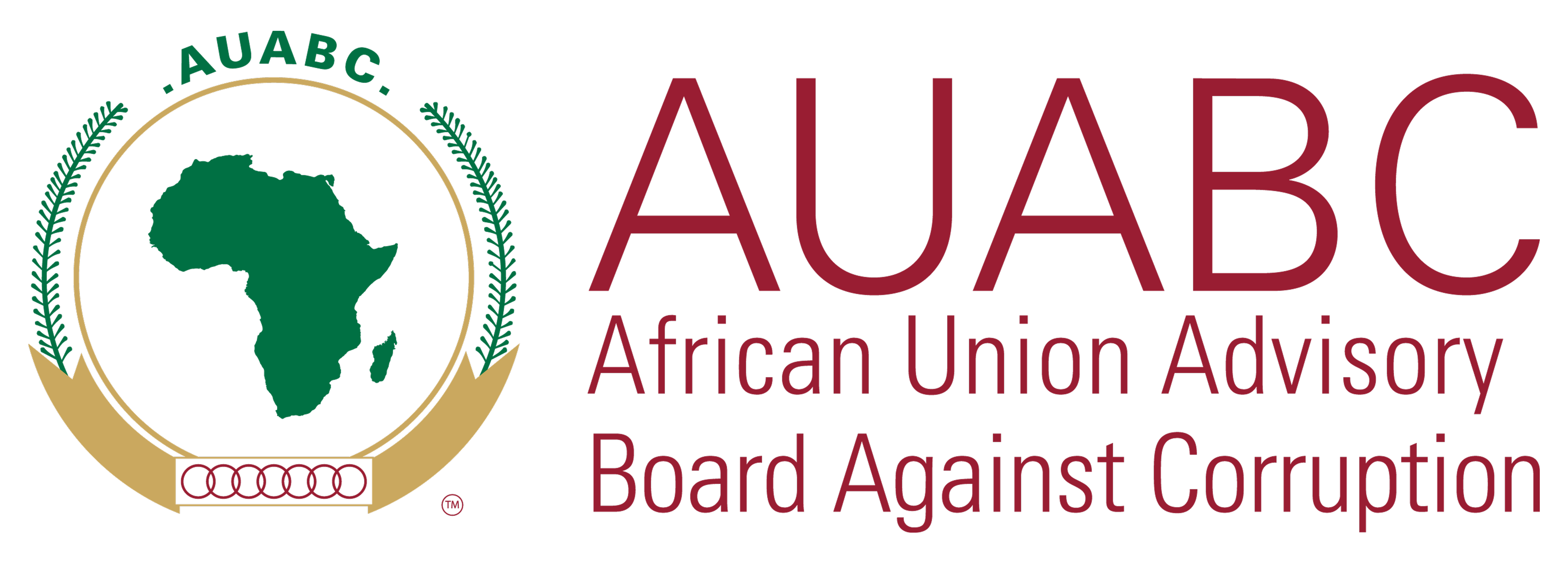Theme “Towards a Common African Position on Asset Recovery”
Background
Asset recovery is the process by which the proceeds of corruption and related offenses/crimes are identified, recovered and returned to the country of origin. It is therefore an important aspect of the anti-corruption chain as it ensures that stolen assets are seized and return to their legitimate owners.
Despite the presence of numerous asset recovery frameworks and tools, progress on asset recovery especially within Africa has been unsatisfactory. Many African countries continue to face numerous internal and external obstacles in recovering stolen assets. Internal challenges have been cited as the absence of comprehensive policies, lack of technical capacity and ineffective inter-agency cooperation. Externally, the absence of uniform asset recovery frameworks between jurisdictions, presence of tax havens and secrecy jurisdictions, the skewed nature of international financial system, the use of anonymous companies and the insistence on unduly laborious technicalities and conditionality in the recovery process continue to hamper asset recovery efforts.
In response to the challenge, African states have taken a number of measures to enhance asset recovery. At the normative level, the African Union Convention on Preventing and Combating Corruption requires States Parties to provide each other with the greatest possible technical cooperation and assistance in dealing with requests for cooperation. States parties are also encouraged to take legislative measures to prevent corrupt public officials from enjoying ill-acquired assets by freezing their foreign accounts and facilitating the repatriation of stolen or illegally acquired monies to the countries of origin.
In 2015 the African Union adopted an Assembly Special Declaration on Illicit Financial Flows following consideration of the report of the High Level Panel on Illicit Financial Flows. Many of the challenges that African states experience in stemming and reversing Illicit Financial Flows from financial transactions are also applicable to enhancing asset recovery. In the Special Declaration, African States resolved to ensure that all the financial resources lost through illicit capital flight and illicit financial flows are identified and returned to Africa to finance the continent’s development Agenda. It directed the African Union Commission supported by member states, to mount a diplomatic and media campaign for the return of illicitly out flown assets. It further called upon the Commission in coordination with the Economic Commission for Africa, African Development Bank, African Capacity Building Foundation and other actors to build capacities of African Union Member States and institutions in the area of asset recovery and repatriation.
Subsequently, following the declaration of 2018 as the African Anti-Corruption Year, the African Union Assembly adopted the Nouakchott Declaration on the African Anti-Corruption Year in which AU member states committed to progressively abolish bank secrecy jurisdictions and tax havens on the Continent, establish public beneficial ownership registers and ensure that public officials declare their assets. The Assembly also called upon international partners and allies to agree on a transparent and efficient timetable for the recovery and return of stolen assets to Africa with due respect for the sovereignty of States and their national interests. The development of a Common African Position on Asset Recovery was therefore identified as being an important tool to assist member states in advancing anti-corruption reforms.
Objectives and Expected Outcomes
With these developments as a backdrop, the African Union Advisory Board on Corruption is convening the 3rd Edition of the African Anti-Corruption Dialogue on the theme “Towards a Common African Position on Asset Recovery”. The Dialogue will engage and reflect on challenges and developments in the asset recovery landscape with the broad objective of using shared experiences and lessons learnt to inform the development of the Common African Position on Asset Recovery. It will bring together representatives of Member States, International Organizations, National Anti-Corruption Agencies, Civil Society, Academia and other actors to reflect and discuss the topic.
The Dialogue will also be a platform to present to all key stakeholders the outcomes of the African Anti-Corruption Year and solicit collaboration and inputs in the implementation of the key recommendations.
The specific objectives of the dialogue will be to;
1. Reflect on the outcome of the African Anti-Corruption Year
2. Convene stakeholders to brainstorm and assess trends in asset recovery in African countries;
3. Identify challenges and bottlenecks to the recovery of stolen assets;
4. Identify best practices in asset recovery;
5. Examine the utility of existing initiatives and policy processes to enhance asset recovery; and
6. Identify recommendations / strategies to inform the development of the Common African Position on Asset Recovery.
The expected outcomes of the Dialogue shall be;
1. Policy briefs on trends on asset recovery in Africa; and
2. Recommendations and strategies to inform the development of the Common African Position on Asset Recovery.
Methodology
The Dialogue shall be conducted through keynote presentations, plenary discussions, panel discussions and working groups.
The inaugural African Anti-Corruption Civil Society Forum shall also be convened on the margins of the Dialogue.
Simultaneous interpretation shall be provided in Arabic, English, French and Portuguese.
All resources for the event shall be availed on the website of the Advisory Board. The Dialogue is a paperless activity and delegates are encouraged to use digital resources or make individual arrangements for printed conference materials.








